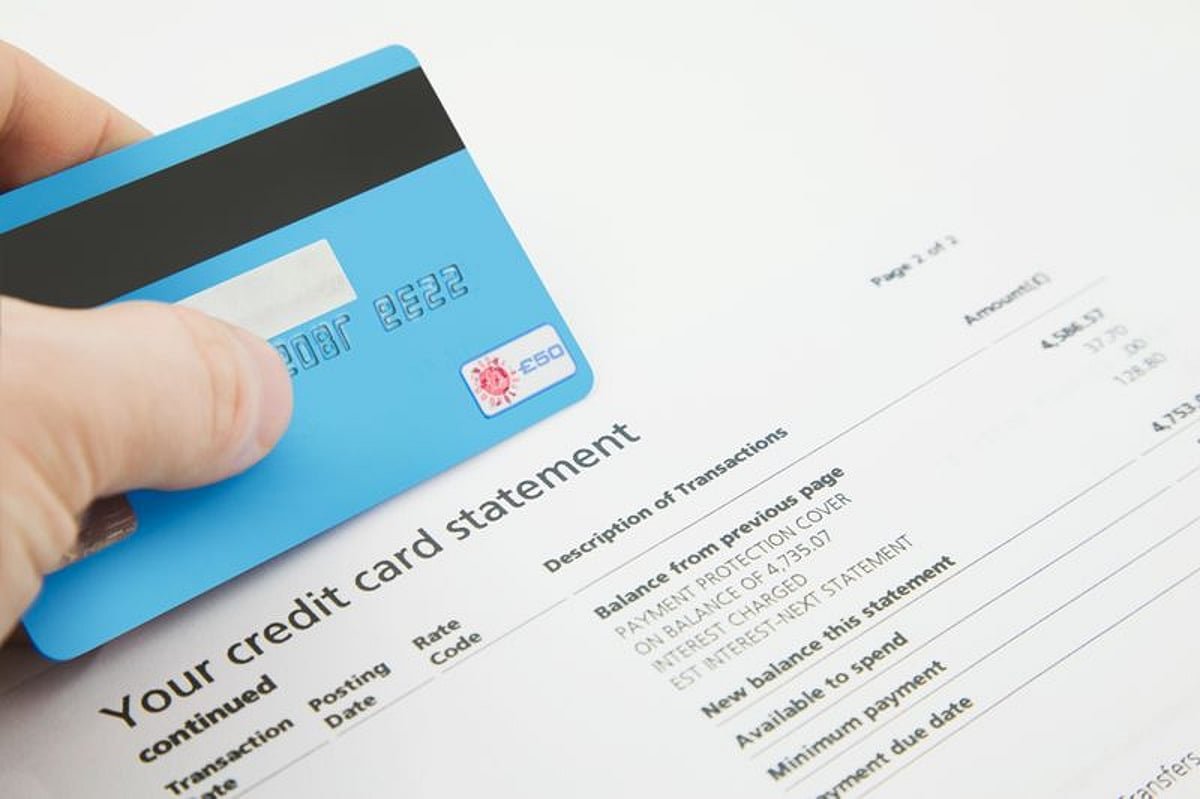Dubai: Even if you’re careful with spending, you may have noticed your credit card balance creeping up lately—and it’s not always because of big purchases.
In the UAE, many residents will likely find that when everyday spending on groceries, fuel, bills, or school fees leaves less breathing room in their monthly budgets, there is often an uptick in their credit card bills.
And when there’s a shortfall, the gap is often filled with a few card swipes here and there—until those charges snowball into something bigger. If you’re wondering why this happens even in a stable economy, here’s what you need to know.
Cost gaps turn into card debt
When your fixed monthly income doesn’t stretch as far as it used to, it’s tempting—and sometimes necessary—to use a credit card to plug the difference. But this short-term fix can lead to long-term stress.
Spending a few hundred dirhams extra a month on non-negotiable items like groceries or utilities might not feel like a big deal. But over a few months, those rolling balances grow, especially when you’re only paying the minimum due.
More spending, more interest
Here’s the catch: when you carry a balance, interest starts stacking up. Most credit cards in the UAE charge interest rates of 2.99% to 3.25% monthly—that’s over 40% annually in some cases.
So, if you swipe Dh1,000 and don’t pay it off quickly, you could end up spending Dh1,400 or more over time—without any additional purchases.
And if you continue to rely on the card for essential spending, your minimum payments rise, making it harder to pay off what you already owe.
Higher expenses ≠ credit costs
Even small upticks in everyday costs—such as back-to-school items, energy bills during the summer, or unplanned medical expenses—can upset your financial routine.
The result? Residents who usually pay off their balances in full might start carrying balances longer, which increases total debt faster than expected.
When debt feels it’s doubling
As your card balance grows, so does the monthly interest charge. That means more of your future payments go toward interest, not the principal.
This creates what financial planners call a “debt loop”—you use your card to manage rising costs, then spend more just servicing that debt. Over time, this can shrink your ability to save, invest, or even qualify for new credit.
What you can do to stay in control
You’re not powerless. Here are practical steps to stop your credit card balance from growing out of control:
-
Track spending for 30 days: Write down every purchase—yes, even the Dh14 coffee. Awareness is the first step.
-
Prioritise full repayment: If you can’t pay off everything, pay more than the minimum—ideally double or triple it.
-
Find lower-rate cards: Some UAE banks and credit unions offer credit cards under 2% monthly interest or balance transfer offers with 0% interest for a set period.
-
Switch to debit for essentials: Use your credit card only for tracked or planned expenses—put daily essentials on a debit card to avoid creeping balances.
-
Use fixed-rate personal loans if needed: Instead of revolving debt, a fixed-term loan might give you lower overall costs with predictable monthly payments.
The takeaway?
When your day-to-day spending goes up, even slightly, credit cards often absorb the slack—but they don’t do it for free. Left unchecked, that convenience can quietly turn into a financial burden that takes months, or even years, to repay.
Start small, get proactive, and don’t wait until your debt feels unmanageable. With the right strategies, you can keep your card use under control—even when your costs aren’t.




